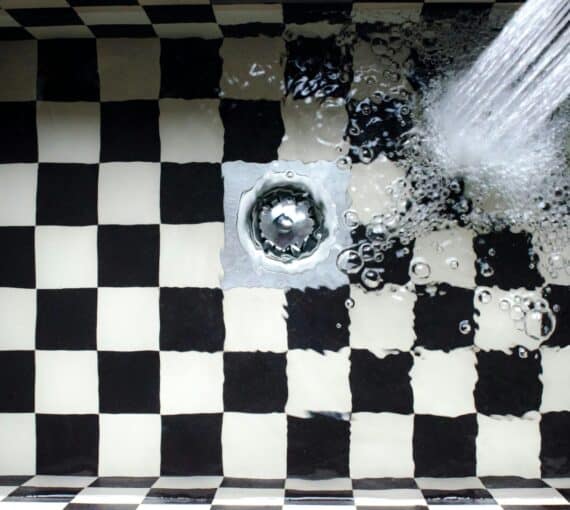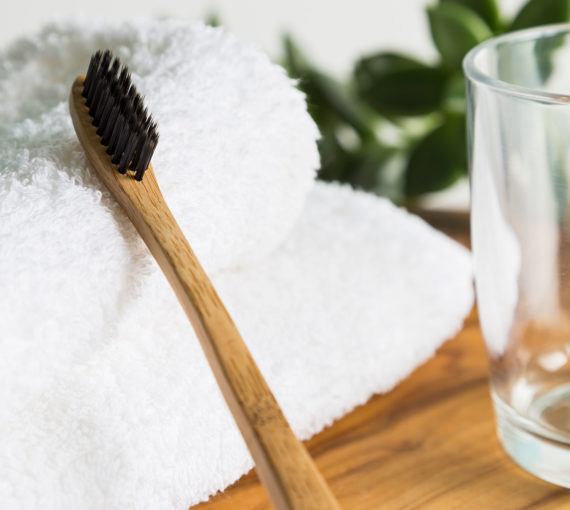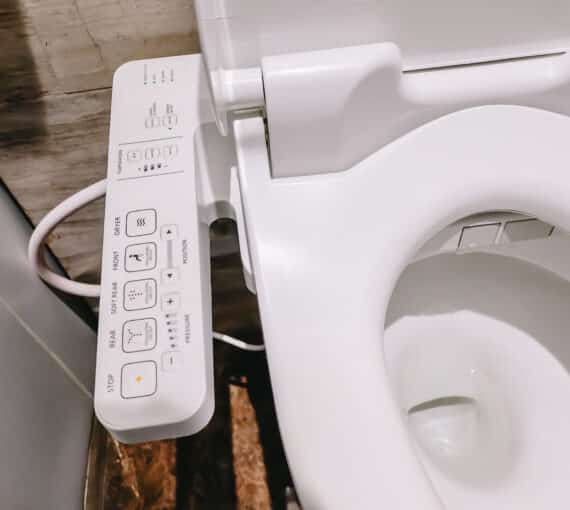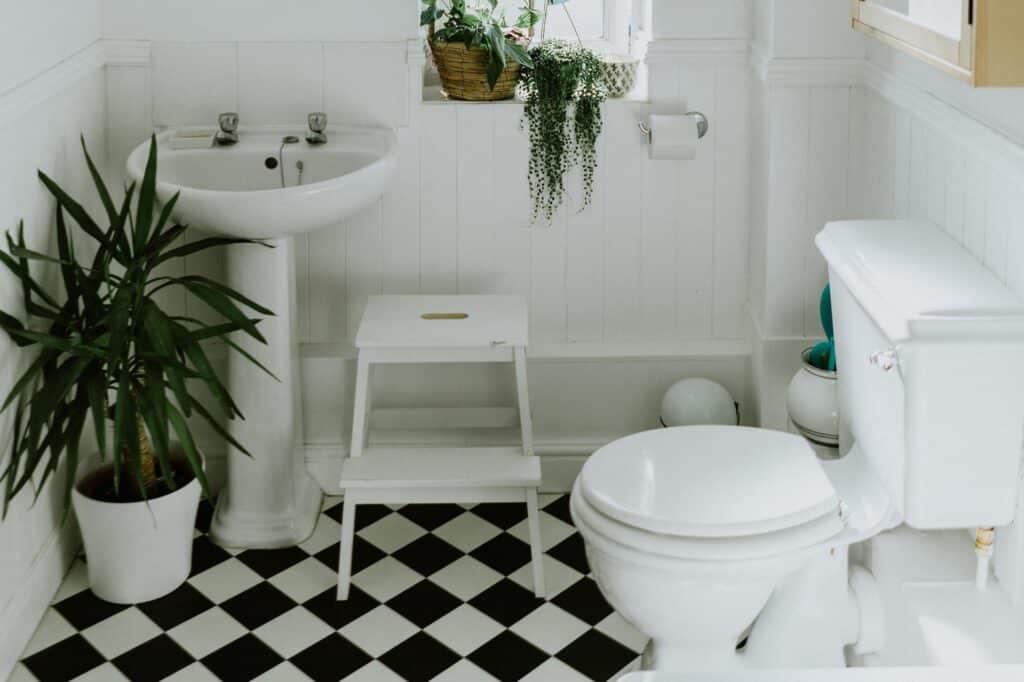
Meet the unflushables: tampons, condoms, floss, hair, disposable wipes, medications and more. Protect water sources, aquatic life and ecosystems — one flush at a time. (Photo: Phil Hearing via Unsplash)
Protect our planet, one flush at a time
In a world where convenience often takes precedence over sustainability, it’s important to pause and consider the impact individual actions have on the environment. The toilet may seem like a magical portal to whisk away waste. The truth is that what gets flushed can have far-reaching consequences.
Mindlessly flushing items that should never get into toilets risks polluting waterways, damaging ecosystems and burdening sewage treatment systems. The toilet is designed to handle human waste and toilet paper only (although toilet paper has its own negative impact!).
By being conscious of what you flush, you can contribute to cleaner water sources, protect marine life and preserve the delicate balance of ecosystems.
The unflushables
Menstrual products
Despite any claims to the contrary, tampons (and applicators) go in the garbage. This includes pads and panty liners too. Omit disposables all together and switch to reusable menstrual products today.
Condoms (male and female)
Condoms are garbage too.
Hair
Trash hair you rescue from drain traps to prevent clogs (although some people have success composting human and pet hair. Hair can also be collected and offered to birds as nesting material or bundled in the garden to deter pests with its scent.
Floss
Even if it’s 100 per cent vegan or from refillable glass vials, don’t flush it! Put it in the trash.
Disposable wipes
Common disposables — baby wipes, mopping pads and cleaning cloths — all block sewers or harm the environment. Make your own baby wipe solution with liquid castile soap and choose reusable or 100 per cent biodegradable, compostable cleaning cloths.
Medications
Never flush old or expired medications down the toilet OR throw them in the garbage. The safest way to dispose of expired prescription drugs and over-the-counter health care products is to take them back to your local pharmacy (or vet clinic if you have pet medications). Proper disposal eliminates the risk of accidental poisoning and keeps aquatic ecosystems and landfills free of pollution.
Paper towels and tissues
Toilet paper is specifically designed to break down in water. Although they may look similar, paper towels and tissues do not disintegrate as easily and can lead to clogs.
Instead, compost them!
Grease and cooking oil
Grease, fat or cooking oil poured down the toilet or drain can solidify and constrict pipes, potentially causing severe blockages and an expensive maintenance bill. When these substances enter the water system, they can harm aquatic life and contribute to pollution. It’s best to collect and dispose of grease and cooking oil in sealed containers for proper recycling or disposal. Or you can save bacon grease, ham drippings and/or schmaltz in a jar in the refrigerator to creatively re-use in other cooking.
Cotton swabs, rounds and balls
Though they are small and seemingly harmless, these items do not dissolve in water and can accumulate in sewage systems, causing blockages.
Pet fish
The film Finding Nemo (2003) popularized the misconception that all drains lead to the ocean and a practice of flushing pet fish (dead or alive) down the toilet to return them “home.” However, fish are not adapted to survive in the sewage treatment system. When flushed, they can also end up in local water bodies as non-native species, disrupting natural ecosystems, transmitting diseases and harming local biodiversity by outcompeting or preying on native species. There are other responsible ways to inter deceased pets.
Pet waste
First check with your municipal waste management department. Many strongly discourage flushing cat litter down the toilet (it’s often clumping and can clog the system).
If flushing dog poop, don’t flush baggies — not even biodegradable bags. Even those labelled “flushable” will clog plumbing or sewers. Empty the bags or scoop the poop directly into the toilet, being careful when handling.
Never deposit pet waste down storm sewers, which often flow to waterways (e.g., creeks and streams).
Household hazardous waste
Paint, cleaning products, nail polish remover, chlorine bleach and antifreeze are a few items considered household hazardous waste. They should never be flushed down the toilet. Just because something is liquid does not mean it can easily be flushed away as a solution to disposal. This waste is often toxic and has grave consequences for our water systems, ecosystems and aquatic life.
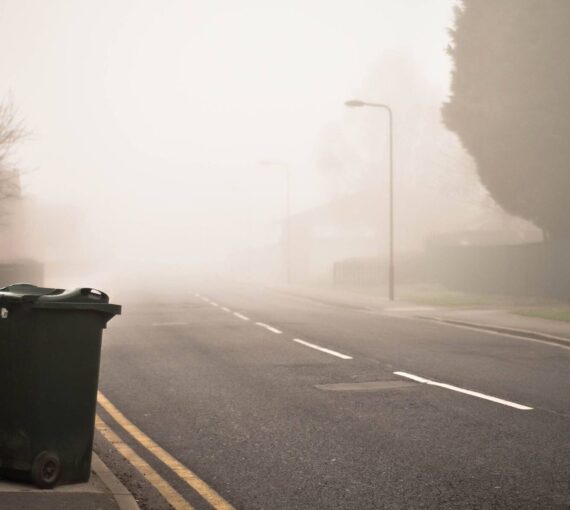
How to dispose of household hazardous waste
Many common household products contain hazardous chemicals. Once released, these are free to contaminate our body, home and the environment.
What other items make-up your city’s unflushable list? It’s worth checking!

